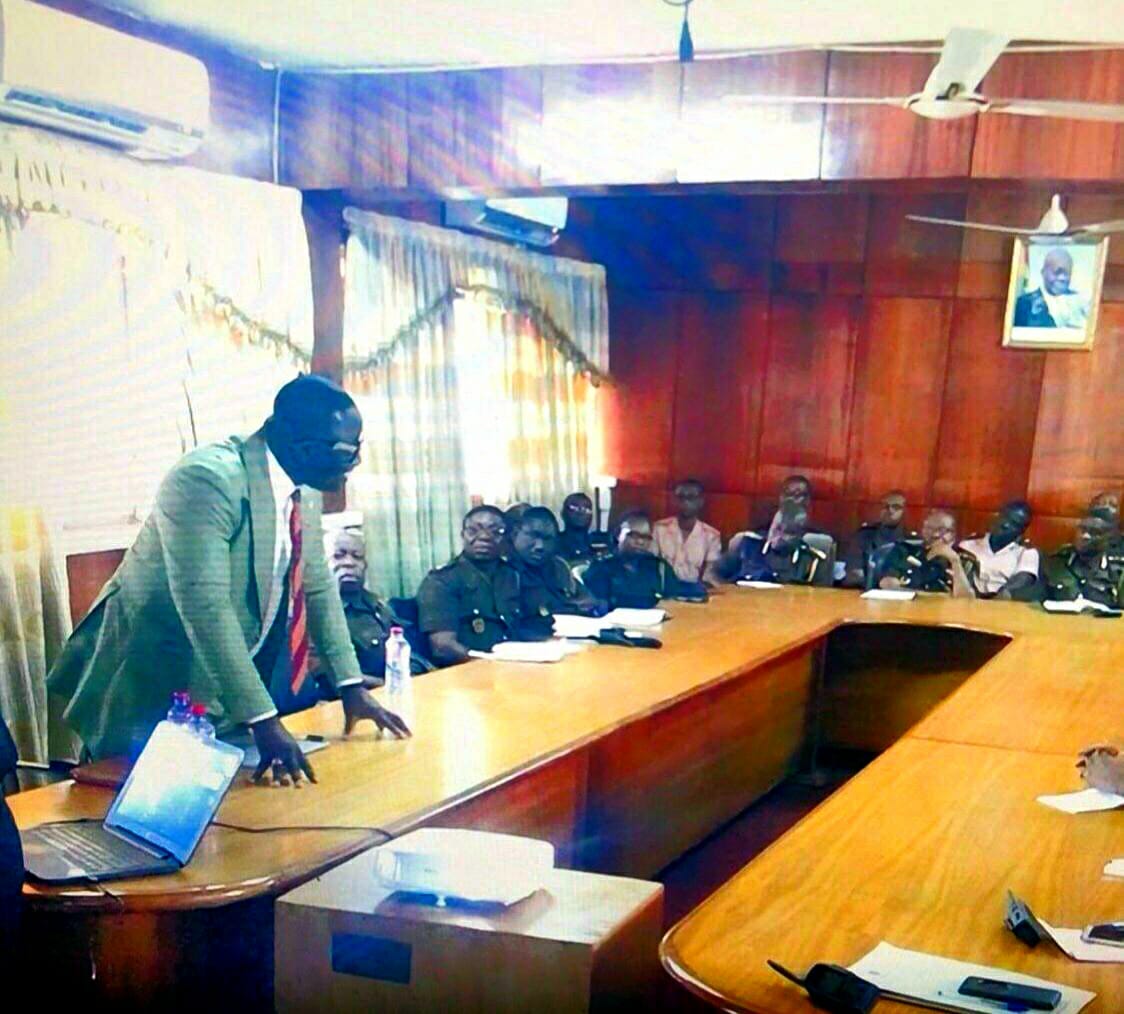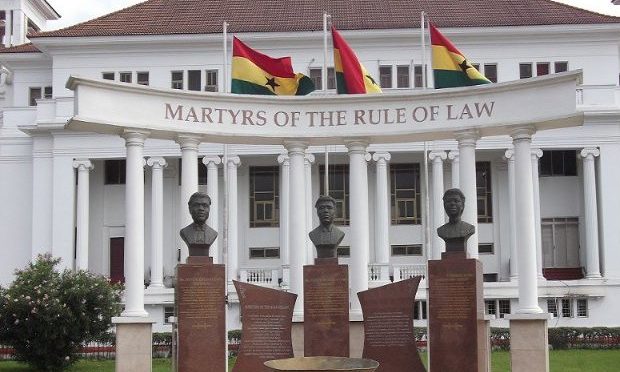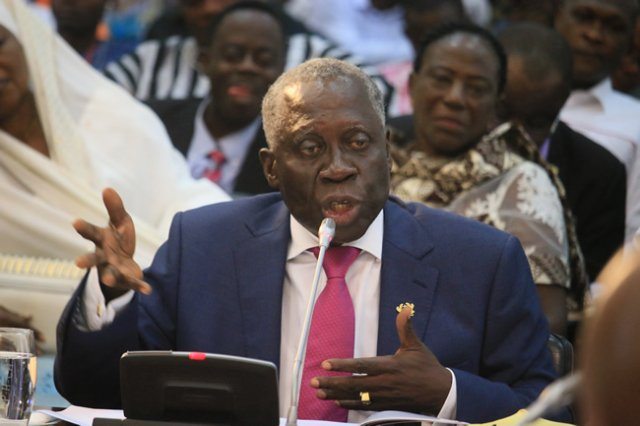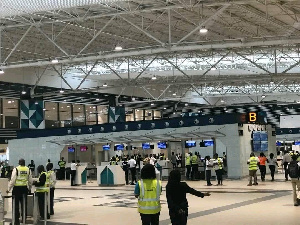Addressing Security Challenges in Bawku: A Call for Unified Action

Nana kweku ofori Atta
Security consultant
The recent surge in tensions within Bawku underscores the pressing need for a unified and comprehensive approach to tackle security issues in the region. In light of reports detailing instances of intimidation and conflict, it is evident that a multifaceted strategy involving collaboration among various stakeholders is imperative to foster long-term peace and stability.
Discussions with law enforcement officers and other security personnel operating in the area have shed light on the intricate array of challenges they face, including allegations of intimidation and resource deficiencies. While the Interior Ministry plays a pivotal role in offering strategic direction and allocating resources, it’s equally vital for the Committee for Defense and Interior in Parliament to fulfill its obligation of overseeing and addressing security concerns effectively.
One potential avenue for resolution involves leveraging the linguistic and cultural ties of Northern regional representatives in Parliament to engage in constructive dialogues with affected communities. By empowering these representatives to facilitate meaningful discussions and delve into the root causes of the crisis, we can lay the groundwork for sustainable solutions.
Moreover, bolstering border security is paramount to preventing external influences from exacerbating the situation. Strengthening security measures, particularly along borders with neighboring countries, will serve to mitigate the influx of foreign elements that could stoke tensions.
However, addressing Bawku’s security challenges necessitates more than just political solutions. While the role of traditional leaders, including the National House of Chiefs, is significant, it’s crucial to acknowledge their limitations in resolving complex security issues. While their statements hold symbolic weight, tangible progress requires coordinated efforts involving government institutions, security agencies, and community leaders.
Furthermore, a critical evaluation of the resources allocated to the prison service is imperative to ensure its capability to fulfill its mandate effectively. A well-equipped and adequately staffed prison service is indispensable for upholding law and order and ensuring justice prevails in the region.
Lastly, the politicization of security institutions must be tackled head-on. Allegations of recruitment based on political considerations undermine the professionalism and unity of security forces, compromising the foundation of the security framework. Upholding recruitment procedures based on meritocracy is essential to instilling trust and confidence in security institutions.
In conclusion, addressing Bawku’s security challenges demands a comprehensive approach that encompasses political, social, and economic dimensions. By fostering dialogue, enhancing border security, empowering local representatives, and upholding professionalism within security institutions, we can pave the way for sustainable peace and prosperity in the region. Only through concerted and unified action can we surmount these challenges and build a safer and more resilient community for all.





